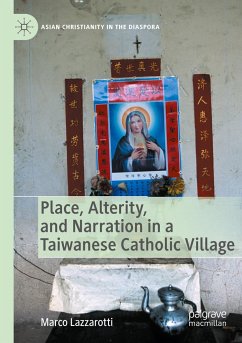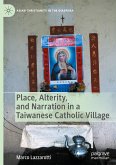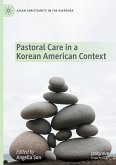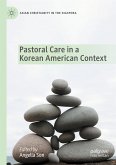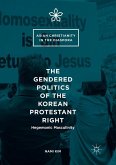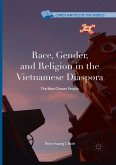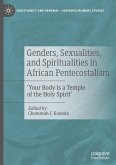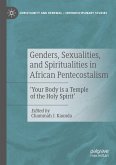This book introduces a simple idea: when we tell a story, we tell a story and at the same time create the world where this story takes place. Narration creates environments, spaces and, in a certain sense, gives symbolic meanings and values to the identities by which people interact in their daily experiences. Set in the multicultural and multireligious Taiwanese environment, this book describes the interactions, and above all the narrations, linked to a Catholic village located in the Taiwanese countryside. Catholicism in Taiwan is a minor religion (around 2% of the population), and considered a foreign and heterodox religion, something different and "other" from the Taiwanese mainstream religious environment. It is this sense of alterity that creates the stories about this place and, as a consequence, creates this place and its special identity.
"This book reveals that the narration of stories ... is the fundamental way to create cultures, faiths, and traditions. This book is suitable for researchers and readers interested in the fields of Catholicism in East Asia and religious narratives." (Wei Xiong, Religious Studies Review, Vol. 48 (4), December, 2022)

